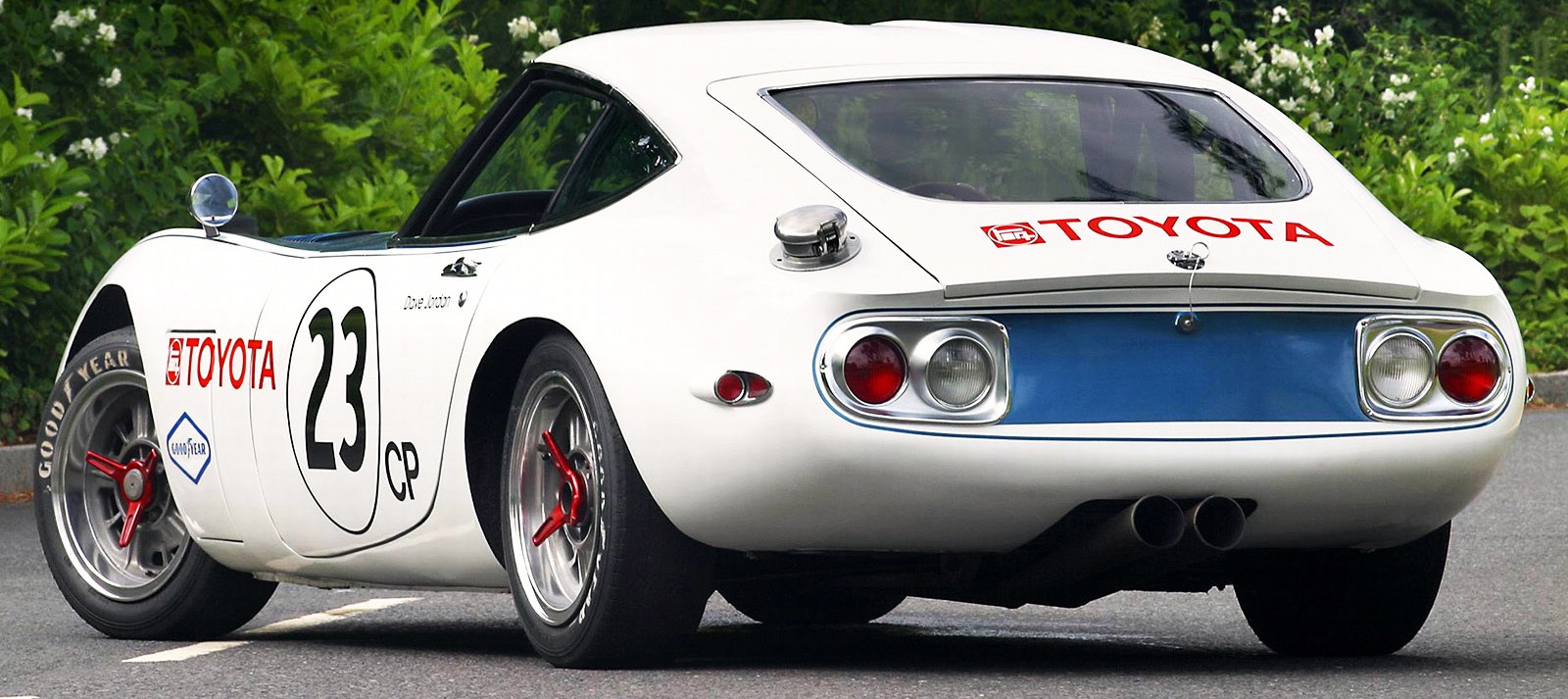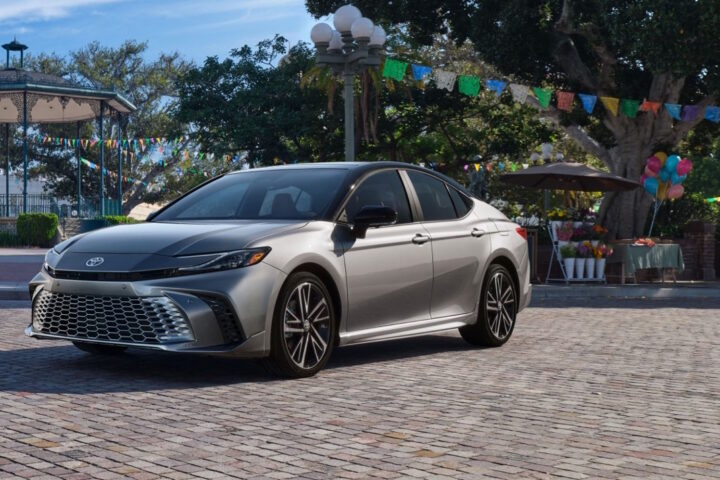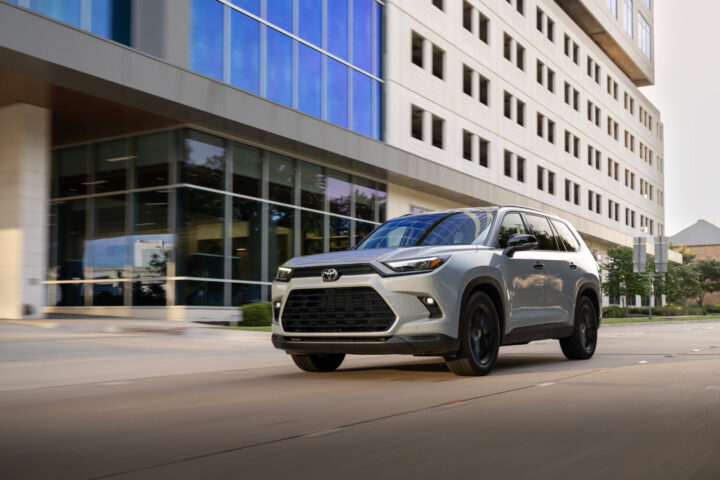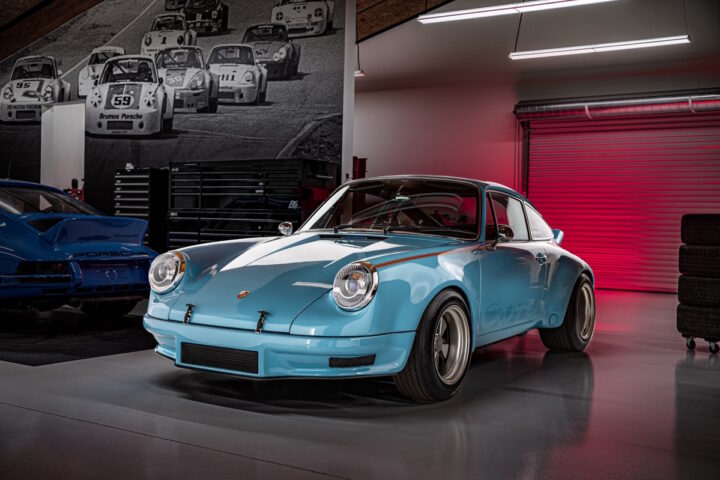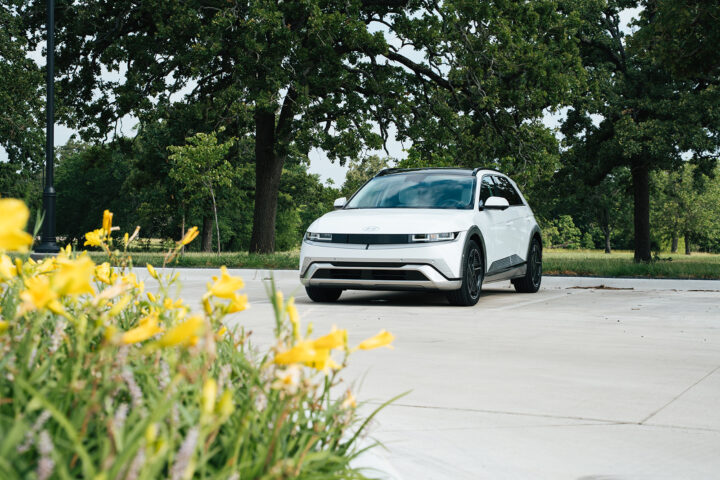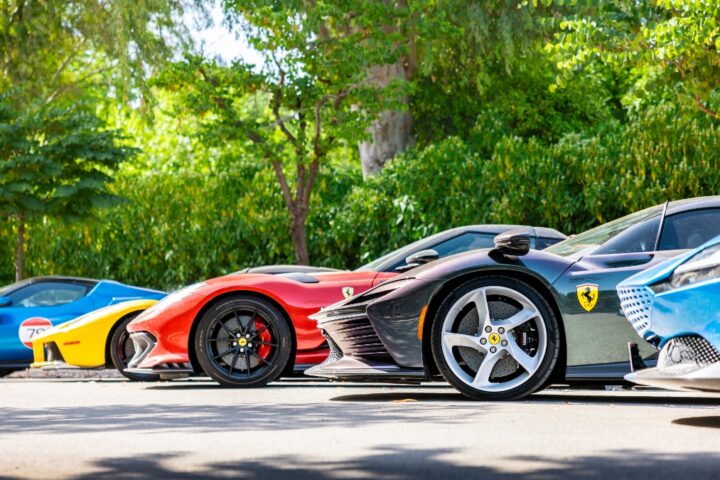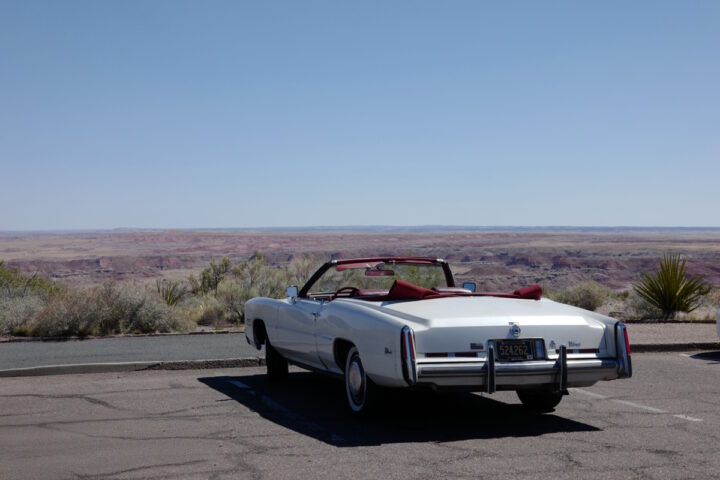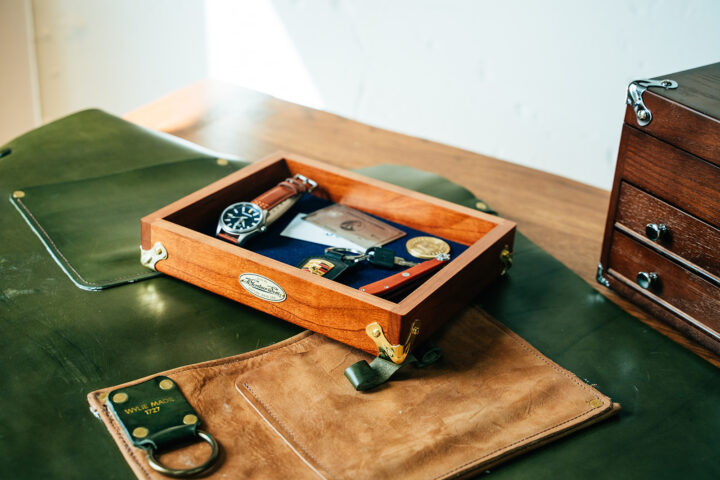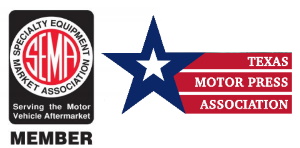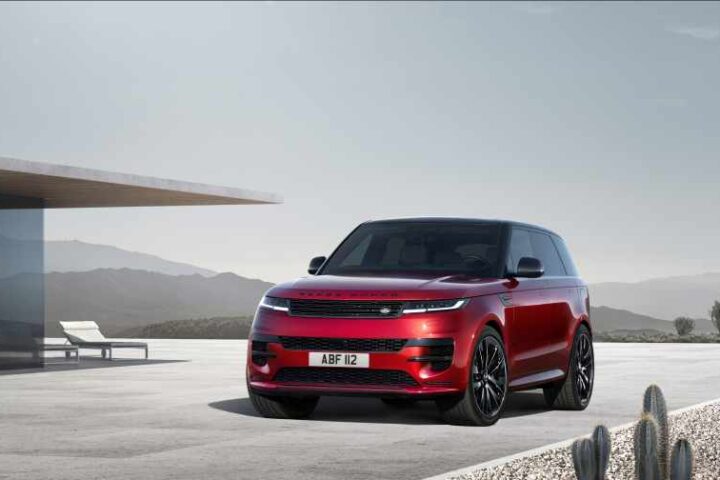Carroll Shelby had done it all, he saw victory at Le Mans with Aston Martin, raced in the early days of F1, created the Cobra, Daytona Coupe, Shelby Mustangs, and was a successful businessman. All of his success captured the attention of Toyota and in 1968 they asked Shelby to become their distributor for the state of Texas. Shelby declined, “I turned it down because I went to Lee Iacocca, and he told me not to take it because the domestic makers were going to push the Japanese back into the ocean,” said Shelby.
However, Shelby’s good friend Tom Friedkin liked the idea and flew to Japan to secure the license that would form Gulf States Toyota Distributors which grew to become the world’s second-largest franchised distributor of Toyota vehicles. But Shelby’s meeting with Toyota did spark a conversation about building up the Toyota brand image in the US and the best way that Shelby knew to do that was with motorsports.
Shelby was given a $500,000 budget and two 2000GTs and the mandate to take them to the 1968 SCCA C/Production class and make a name for Toyota. Shelby put Scooter Patrick and Dave Jordan in the driver’s seats and testing started. The drivers praised the handling of the Toyota, which was improved by custom-made 15×7 magnesium wheels with special low profile racing tires.
The Shelby team had problems getting reliable power out of the engines and in due course blew up several motors. The Yamaha-designed head was not easy to modify for more compression, and the rules stipulated that the 2000GT would have to use triple Mikuni carbs, rather than the preferred Webers. But after some time in the Shelby shop, the cars were making 200 hp.
The cars impressed everyone as they immediately moved to the front of the pack with the class-leading Porsches of the Vaske Polak Racing Team. The season ended with the 911s in 1st and 2nd, and the Toyotas in 3rd and 4th, a respectable showing for a first season. So impressed was Shelby and the team that they figured with the lessons learned from 1968 that the 69 seasons would result in a championship.
But Toyota had other plans, not seeing the value of motorsports for marketing economy cars they pulled the funding of the program and the 2000GT factory program came to an early and abrupt end. Toyota had only sold 62 2000GTs to the US market and it would be nearly 20 years before they put forth a real factory racing program again.

